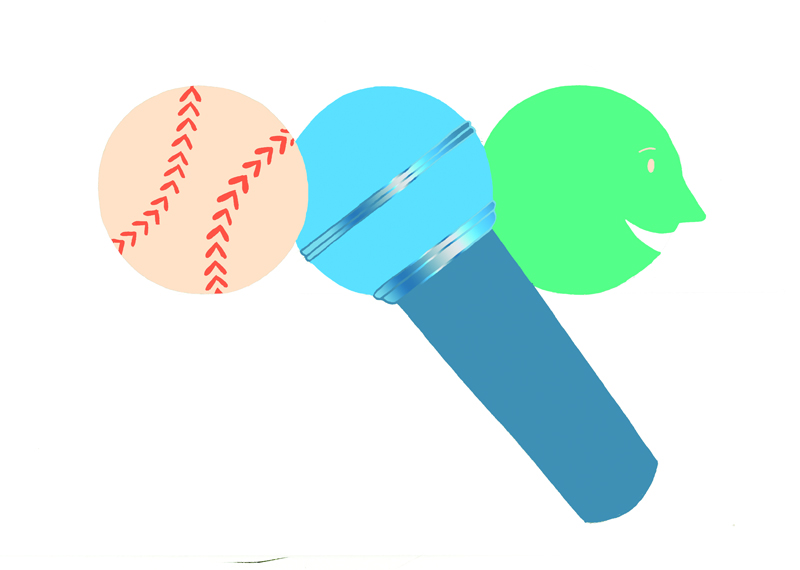Intensive one-month course, funded by 2015 Sportsnet donation, to begin in May
Concordia journalism department chair David Secko announced the creation of a sports journalism course in an email to students on Jan. 30. The intensive 400-level course will be offered from May 7 to 25 starting this spring, and will comprise three sections: intensive classes, assignments and virtual classes, and final classes in the last two days.
The course and its professor will be paid using money the department received as a donation from Sportsnet in December 2015, said Secko in an interview with The Concordian in September. According to Secko, the department’s goal was to create a sports journalism course “that will help cover sports, but also help students who may not want to cover sports interact and gain new skills.”
He added that applications to teach the course will be open to all qualified part-time faculty members.
Brian Gabrial, a former journalism professor who was the department chair when the donation was made, said a committee of faculty members decided how the $650,000 donation would be spent. Most of the funds will go towards scholarships and the creation of the sports journalism course, which Gabrial said many students have suggested over the years.
However, Gabrial told The Concordian he would have prefered to use the money to buy more equipment for the department. “I probably would not have spent any money on scholarships, because our students have a lot of scholarships available to them,” he said.
The Sportsnet donation followed a request made by the Canadian Radio-television and Telecommunications Commission (CRTC). According to a 2015 post by media blogger Steve Faguy, Sportsnet needed to spend 10 per cent of the price it paid to acquire rival network The Score on donations to programs and initiatives that benefit Canada’s broadcast system.
The CRTC decision also specified that Sportsnet could not benefit from the donation in any way, Gabrial explained. For this reason, the sports network could not hire any Concordia students as interns, despite Sportsnet president Scott Moore suggesting this to Gabrial in March 2015, according to the initial proposal through an access to information request.
In its initial proposal to Sportsnet in the summer of 2015, the university described the course as one “that will challenge students to produce and live-stream a one-hour weekly sports program.” It’s unclear whether the recently created course will have a similar format.
When asked about the final course format, Secko said he could not give much detail because “the course instructor needs to be assigned first, as they will be leading the class.” However, Secko added that “the department envisions the class to be advanced, intensive professional-skills training on sports journalism.”
The initial proposal also read that the university would like to buy a TriCaster, which is “an all-in-one portable device that merges multiple feeds from cameras, telephone lines, social media and more into one signal,” as well as a Dejero, a device “designed to allow reporters and guests to participate in a live remote broadcast that can be transmitted live to a studio.”
Gabrial said he hopes students will be interested in the course and sign up for it. “I would be very disappointed if it didn’t get a lot of interest from the students. It’s a lot of work [to create a course],” the former chair told The Concordian. “If the course is not showing interest, we can’t keep it on the schedule. If there’s no interest for it, you can’t offer it.”
Graphic by Alexa Hawksworth




